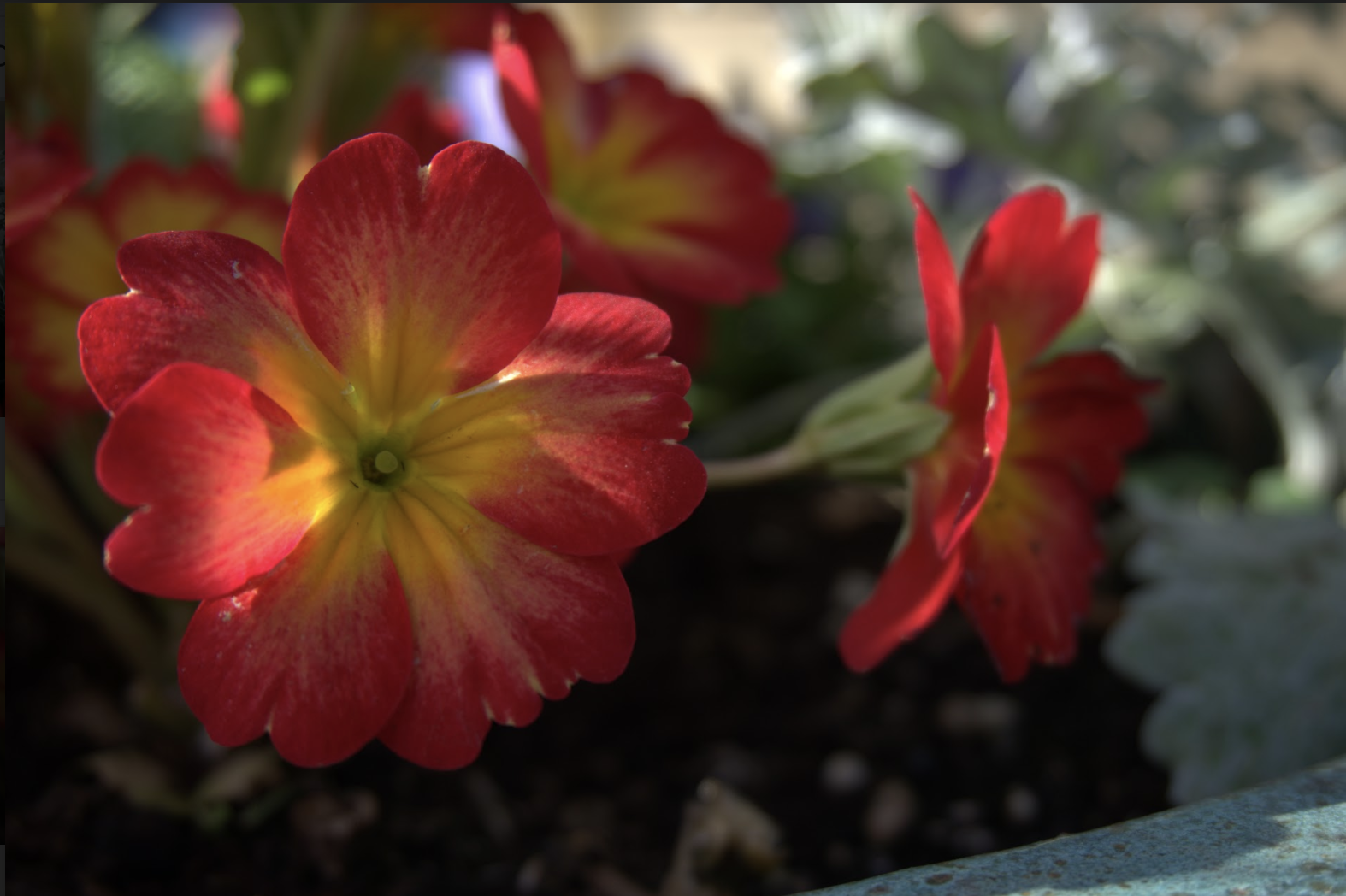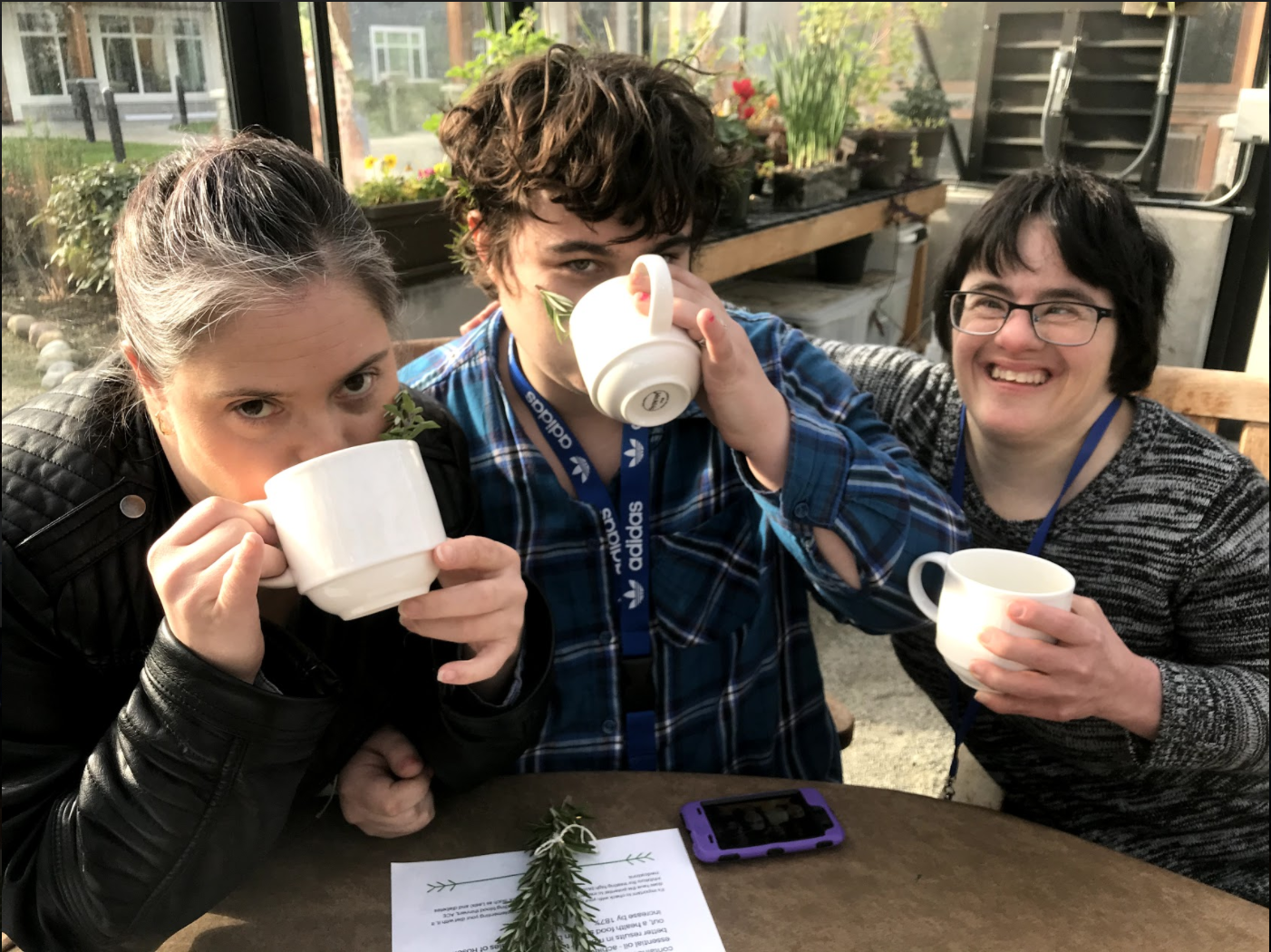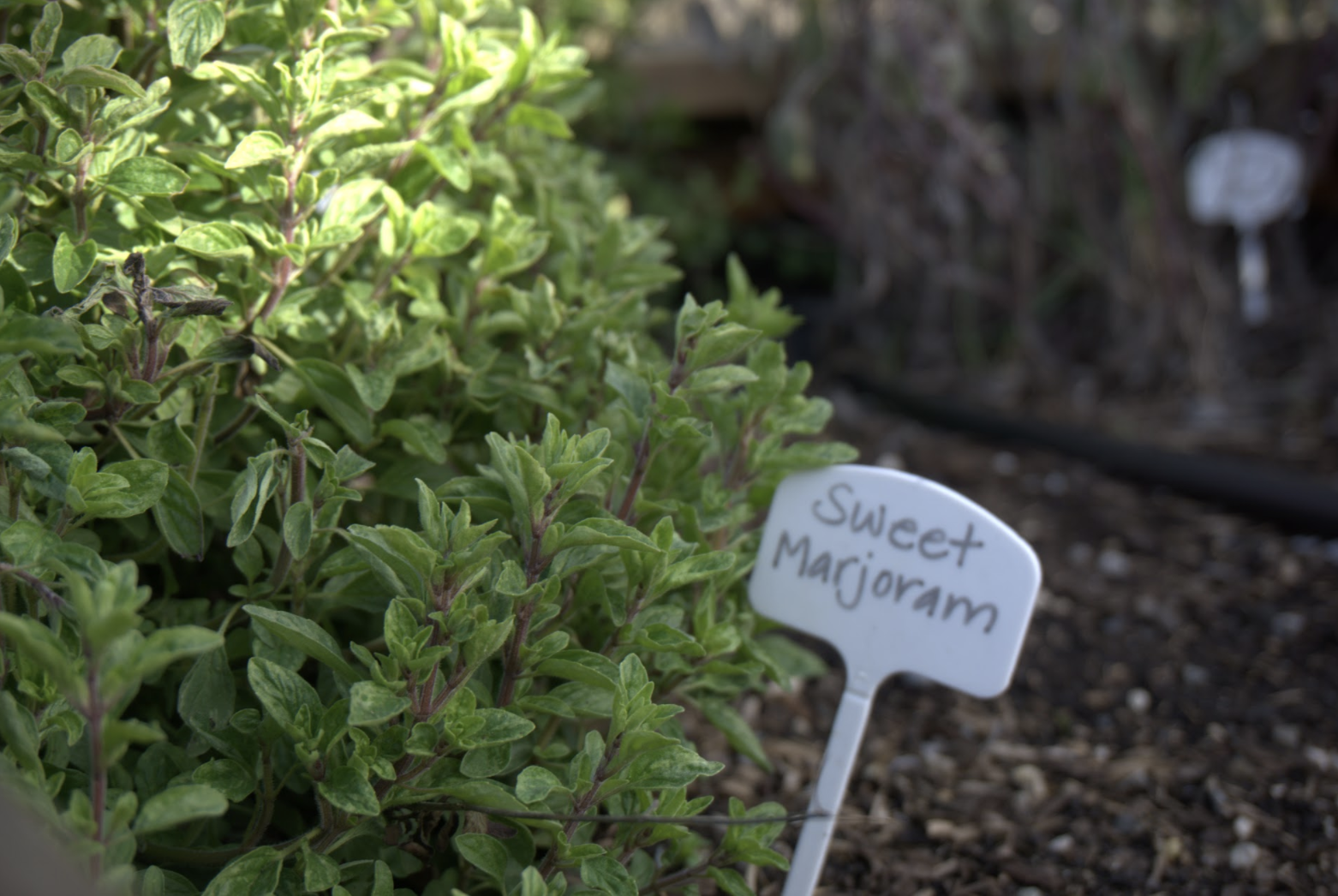6 Awesome Backyard Sensory Activities
Going outside is a phenomenal way to spend your time, but you don’t need to travel to get all the health benefits of open-air activities, a trip to your own backyard is arguably even better. For adults with intellectual and developmental disabilities, or for people who suffer from various conditions that make travel difficult, if not downright impossible, the garden can offer solace as well as deep life experiences. It’s also usually an enclosed space where people can feel safe.
It’s pretty easy to transform your backyard into a wonderland of sensory activities, and this post will go into some sensory experiences you can create.

Sight
Just a walk around the garden can offer a variety of visual stimuli not available indoors. Some people with intellectual and developmental disabilities have a hard time with sight. They can benefit from watching the sky move, the colors of different flowers or the trees sway. The garden has in it a ton of organic shapes and natural colors that you’ll only find in nature.
The sensory stimulation you’ll find in the garden is generally pretty calm and easy-going. Activities like bird-watching, collecting fallen leaves, and sorting by shape and color provide gentle visual stimulation within a safe space.
If you’re ready for more of a backyard adventure, you could do a scavenger hunt or a treasure hunt. Give the participants a list of things to discover i.e. a red flower, a round yellow leaf, a ladybug or objects you have hidden around the garden

Touch
Playing in the sand is something that most can’t resist, no matter what age we are. You could build a small sand-pit (with a safe cover), or set aside an area of your yard to play with kinetic sand.
Soil also has one of those textures that makes for awesome sensory activities. And, becoming one with the mud is not only fun but can also provide mental health benefits. Microbes in soil offer multiple anti-depressant benefits. One study even found soil to be more effective than Prozac.
Here are a few other sensory touch you can do in the garden.

Sound
You might not always notice a bird chirping or an insect buzzing, but stopping to listen is a sensory experience all in itself. For an activity, you can try to listen out for birds, find them, and look them up to see what they are or explain what they are if you already know. Kinda like Where’s Waldo, but with birds and a lesson or two as well.
Listening out for insects can be a lot of fun too. You can point out the difference between the high-pitched humming of a cicada, the buzz of a bee or the fact that a butterfly doesn’t make a sound at all.

Taste
A small vegetable patch, fruit trees and herb gardens offer a stellar opportunity for all to enjoy.
Vegetable gardening is one of our favorite things to do at Stephen’s Place. We get all sorts of beauties grown here and dug up for dinner. Our residents are getting so good at growing veggies that they’ve won multiple awards at Clark County Fair.
If you have fruit trees, you can pick a small bounty, cut them up and learn about as you try them. You could have a fruit, veggie, or herb focused picnic. You could even bake a pie to compare the taste of a fresh apple with that of an apple pie.

Smell
A flower garden can make for very effective olfactive stimuli. Growing a flower garden and smelling and comparing scents of various plants is always a fun one. You can also pick the flowers and make some arrangements for the house.
And, it’s not just the flowers that count as your one a day; fresh air after the rain or anytime at all is a fundamental need for human beings that is sometimes overlooked.
An All-Encompassing Experience
One activity that appeals to several senses at once is swinging. The swinging motion can be very relaxing and has been known to provide a calming effect for some of those who are on the spectrum. Swinging is a great one because it stimulates the fluid in the inner ear, activating the vestibular sense, responsible for balance.
About Stephen’s Place
Stephen’s Place is an independent apartment community for adults with developmental and intellectual disabilities, located in Vancouver, WA (7 minutes from Portland, OR).
If you have a loved one with developmental or intellectual disabilities, who is looking for a community to live in, please contact us for more information.
Stephen’s Place is a private-pay apartment community due to our state-of-the-art amenities and programs. We are a nonprofit and do not profit from our community. We are private pay because we spend more than some housing communities to ensure that our residents are comfortable and can safely live their lives with independence and dignity.